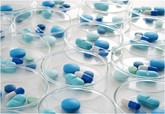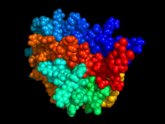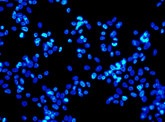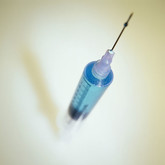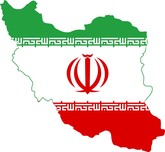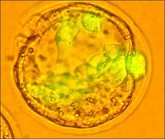Biosimilars
Trials to start for biosimilar infliximab and etanercept
Pfizer is to start a phase I study for its biosimilar infliximab candidate (PF-06438179) and Samsung Bioepis has initiated a phase III clinical trial for its biosimilar etanercept (SB4), according to entries on the US and EU clinical trials websites.
Positive post-marketing data for biosimilar epoetin
Injectable generics specialist, Hospira, presented results from a post-marketing study of the company’s European biosimilar epoetin (Retacrit) on 3 June 2013 at the 48th Annual Meeting of the American Society of Clinical Oncology (ASCO) held in Chicago, USA.
Celltrion applies for Korean approval of biosimilar trastuzumab
On 4 June 2013, South Korean biotechnology company Celltrion announced that it had filed for approval of its biosimilar candidate CT-P6 with the Korean Ministry of Food and Drug Safety (MFDS, formerly the Korea Food and Drug Administration).
Use of G-CSF biosimilars for stem cell mobilization in autologous transplantation
The first biosimilar granulocyte colony-stimulating factor (G-CSF) was licensed by EMA in 2008, and there are currently six biosimilar G-CSF products licensed for use in the EU [1]. All of these biosimilars are also approved for haematopoietic stem cell transplantation.
Biologicals sales have almost doubled since 2006
Sales of biologicals have almost doubled from US$63.8 billion in 2006 to US$124.6 billion in 2012.
Biopharmaceutical products in Iran
Iran will become a leader in biotechnology products (especially copied biopharmaceuticals [1]) in Asia over the next three years, according to a review by Mahboudi et al. [2].
Russia to harmonize biologicals regulations
International regulatory bodies and the drug industry met in Moscow on 15 May 2013 to discuss how to harmonize Russia’s regulatory standards for biologicals with the rest of the world to develop a framework for pharma companies developing biologicals and biosimilars in Russia.
Biosimilars and US exclusivity
Currently, the legal pathway in the US for the approval of biosimilars is the Biologics Price Competition and Innovation Act (BPCI Act) of 2009.
Sandoz to start phase III etanercept trial
Sandoz, the generic drug division of Swiss drug giant Novartis, is to start a phase III clinical trial for a biosimilar version of etanercept in patients suffering from psoriasis, according to the EU Clinical Trials Register.
Use of G-CSF biosimilars for stem cell mobilization in healthy donors
Granulocyte colony-stimulating factor (G-CSF) can be used to mobilize peripheral blood stem cells (PBSCs) in healthy donors. Over the last 10 years, the procedure has become the preferred option for donors compared to the donation of bone marrow.
